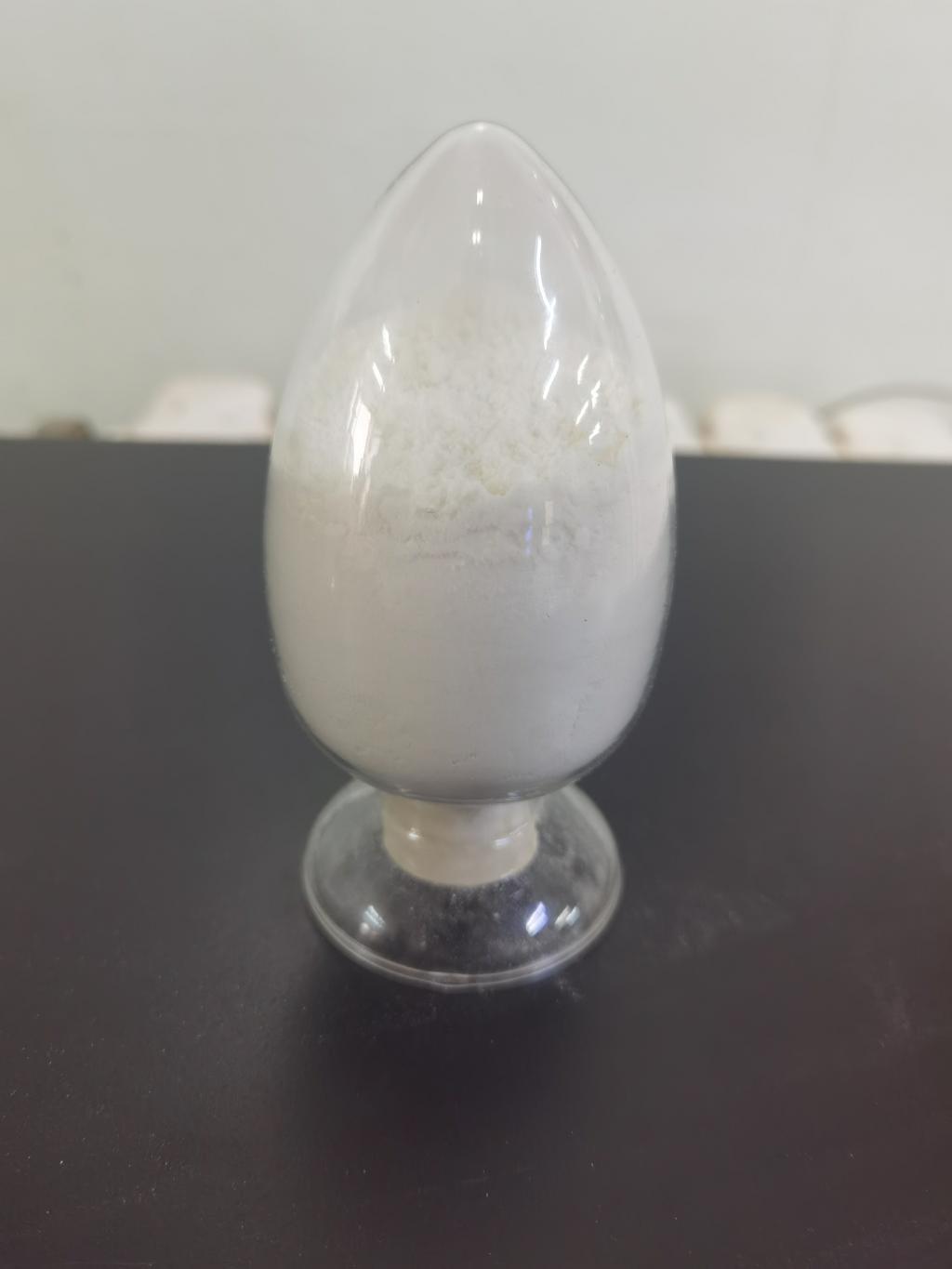Tel:+8618231198596

News
 CONTACT
CONTACT
 CONTACT
CONTACT
- Linkman:Linda Yao
- Tel: +8618231198596
- Email:linda.yao@dcpharma.cn
- Linkman:CHARLES.WANG
- Department:Overseas
- Tel: 0086 0311-85537378 0086 0311-85539701
News
ε-Polylysine hydrochloride's solubility in both aqueous and organic solvents enhances versatility.
TIME:2024-03-18
Understanding ε-Polylysine Hydrochloride:
ε-Polylysine hydrochloride is a biopolymer derived from the fermentation of Streptomyces albulus. It consists of multiple lysine residues linked together, giving it unique properties such as antimicrobial activity and solubility in aqueous and organic solvents. ε-Polylysine hydrochloride is widely recognized as safe for consumption and has regulatory approval for use in various applications, making it a versatile ingredient for formulation processes.
Solubility in Aqueous Solvents:
One of the most significant characteristics of ε-polylysine hydrochloride is its high solubility in aqueous solvents. This property makes it particularly well-suited for applications in the food and beverage industry, where water-based formulations are common. ε-Polylysine hydrochloride can be easily dissolved in water to form clear, stable solutions, making it ideal for use as a preservative, emulsifier, or antimicrobial agent in a variety of food products. Its solubility in water also allows for easy incorporation into beverages, sauces, dressings, and other aqueous-based formulations.
Solubility in Organic Solvents:
In addition to its solubility in aqueous solvents, ε-polylysine hydrochloride exhibits solubility in organic solvents, further enhancing its versatility in formulation processes. This property expands its applicability beyond water-based systems to include oil-in-water emulsions, liposomes, and other organic solvent-based formulations. In the pharmaceutical industry, ε-polylysine hydrochloride's solubility in organic solvents enables its incorporation into lipid-based drug delivery systems, where it can enhance drug stability and bioavailability. Similarly, in the cosmetics industry, ε-polylysine hydrochloride can be used to formulate skincare products, such as creams and lotions, where oil-in-water emulsions are commonly employed.
Applications in Formulation Processes:
The solubility of ε-polylysine hydrochloride in both aqueous and organic solvents lends itself to a wide range of formulation processes across various industries. In the food industry, ε-polylysine hydrochloride is used as a natural preservative in aqueous-based products, such as beverages, dairy products, and processed meats. Its antimicrobial properties help extend shelf life and maintain product quality without the need for synthetic preservatives. In the pharmaceutical industry, ε-polylysine hydrochloride is incorporated into drug delivery systems to improve drug solubility, stability, and targeted delivery. Its solubility in organic solvents allows for the development of liposomal formulations and lipid-based nanoparticles for drug encapsulation and delivery.
Environmental and Regulatory Considerations:
The use of ε-polylysine hydrochloride in formulation processes offers environmental and regulatory benefits compared to synthetic alternatives. As a naturally derived biopolymer, ε-polylysine hydrochloride is biodegradable, non-toxic, and poses minimal risk to human health and the environment. Its approval for use in various applications by regulatory agencies such as the FDA and EFSA further underscores its safety and suitability for formulation processes. Additionally, ε-polylysine hydrochloride's compatibility with aqueous and organic solvents reduces the need for multiple ingredients and simplifies formulation processes, contributing to overall sustainability and efficiency.
Future Perspectives:
As research and development in formulation science continue to advance, ε-polylysine hydrochloride is poised to play an increasingly important role in diverse industries. Further exploration of its solubility properties and applications in novel formulation processes could unlock new opportunities for product innovation and sustainability. Collaboration between researchers, industry stakeholders, and regulatory agencies will be essential to drive continued progress in harnessing the versatility of ε-polylysine hydrochloride for formulation applications.
Conclusion:
The solubility of ε-polylysine hydrochloride in both aqueous and organic solvents is a defining characteristic that underpins its versatility in formulation processes. Across industries, from food and beverage to pharmaceuticals and cosmetics, ε-polylysine hydrochloride finds applications as a natural preservative, emulsifier, and drug delivery agent. Its safety profile, regulatory approval, and compatibility with different solvents make it a valuable ingredient for sustainable and innovative formulations. As the demand for environmentally friendly and multifunctional ingredients continues to grow, ε-polylysine hydrochloride stands out as a versatile biopolymer with vast potential in formulation science.
- Tel:+8618231198596
- Whatsapp:18231198596
- Chat With Skype







